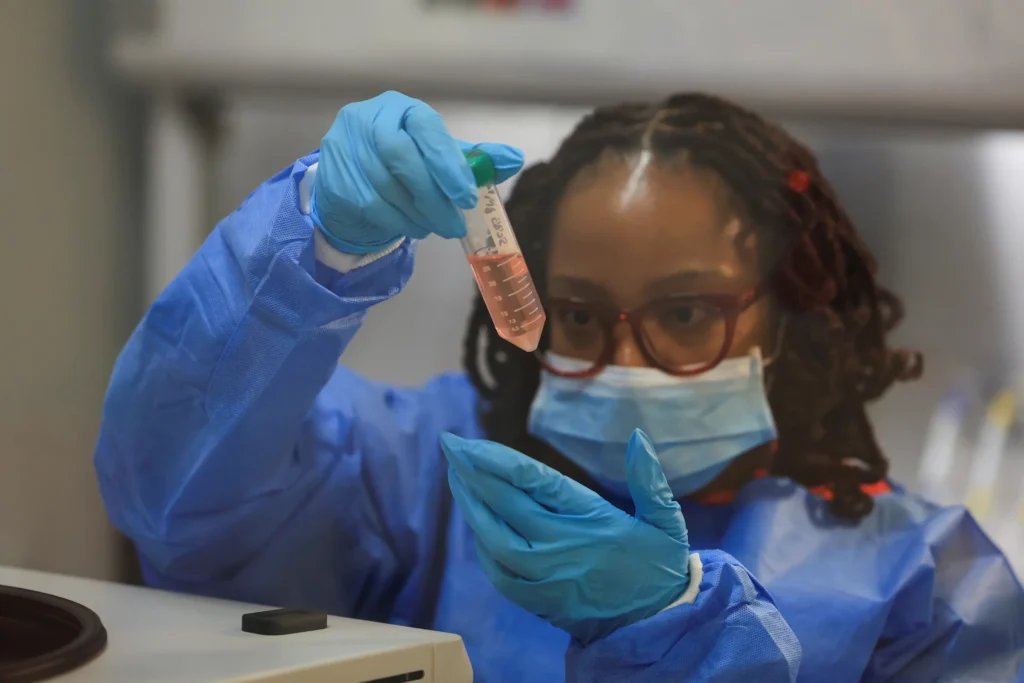U.S. Funding Withdrawal Puts HIV Research in South Africa at Risk

HIV research
Researchers at the University of the Witwatersrand in Johannesburg were preparing to launch clinical trials for a new HIV vaccine as part of the BRILLIANT project, a study designed to build on South Africa’s genetic diversity and scientific expertise. However, a week before the trials were set to begin, the United States government announced it would withdraw its funding.
The decision, made during the Trump administration, has placed years of research in jeopardy.
Professor Abdullah Ely, who leads the university’s gene therapy group, said the loss of funding poses a serious challenge. He noted that South Africa’s research sector is relatively small, and securing financial support is often difficult.
The impact has already been felt across the country. According to the South African government, more than 8,000 health workers involved in the national HIV program have been laid off as a result of the cuts.
Nozipho Mlotshwa, a laboratory technician, said her position was funded through the same grant. Without it, she said, she has lost her primary source of income, which she used to support her family and pay for her studies.
Officials have complained that trying to replace the lost U.S. funding will not be the easiest task. Without this support, access to HIV treatment may decline, and there is a risk of increased infection rates.
Public health experts have warned that the lack of funding has the potential to undo decades of progress in HIV prevention, not just in South Africa but the whole world.

 GRTCC suspends planned ‘August 8’ 20% public transport fare increase
GRTCC suspends planned ‘August 8’ 20% public transport fare increase  State funeral for helicopter crash victims set for August 15 at Black Star Square
State funeral for helicopter crash victims set for August 15 at Black Star Square  Black Queens rank 67th in FIFA ranking despite WAFCON performance
Black Queens rank 67th in FIFA ranking despite WAFCON performance